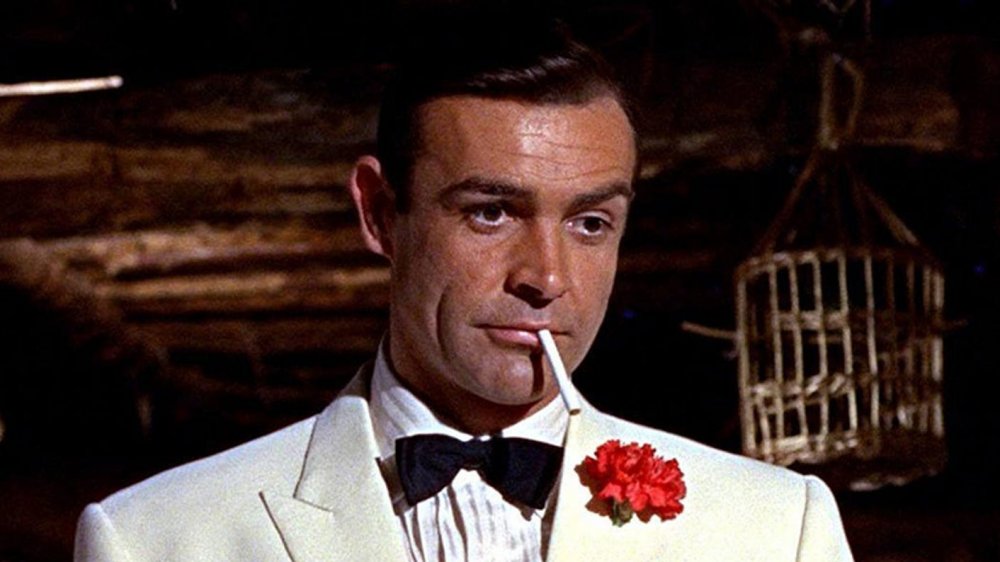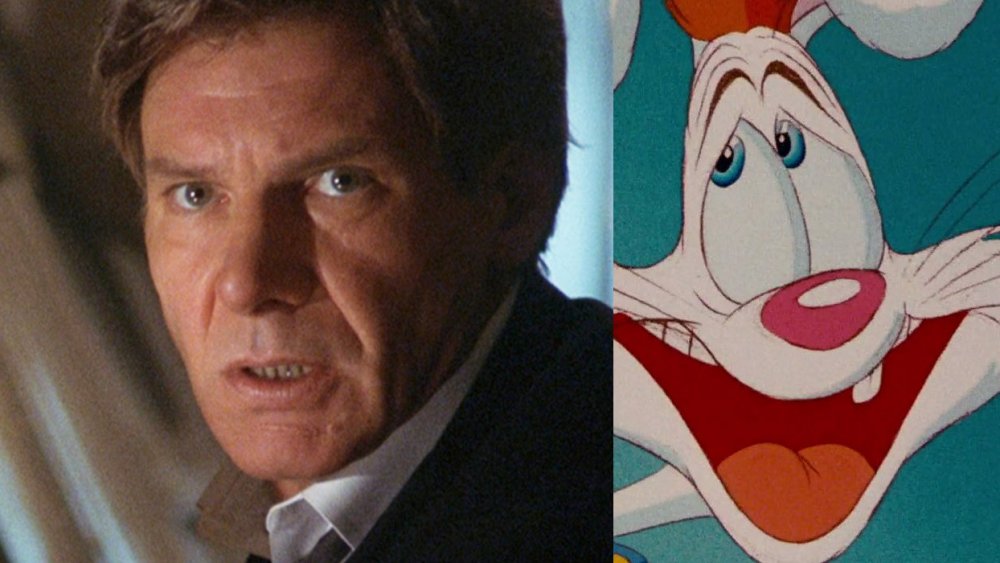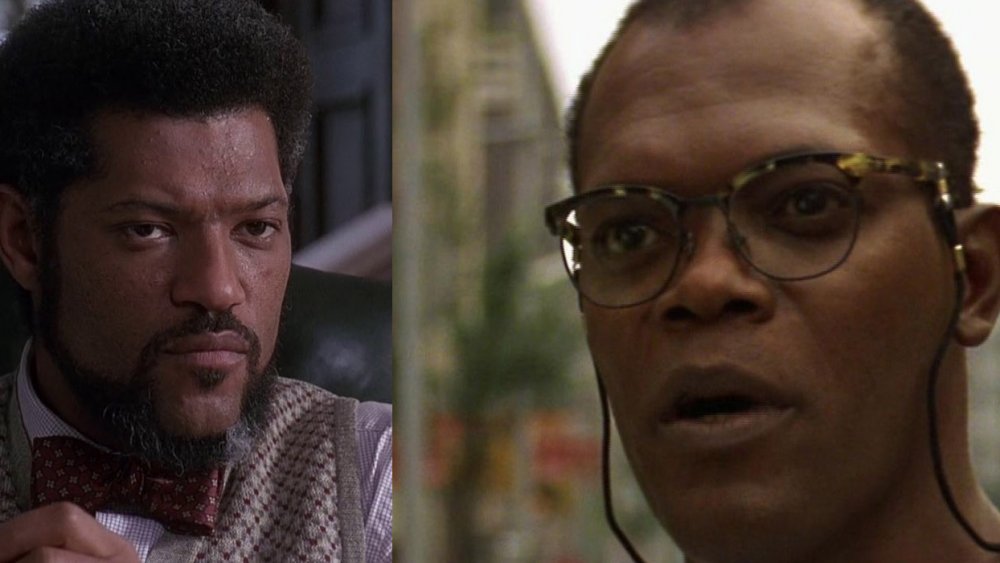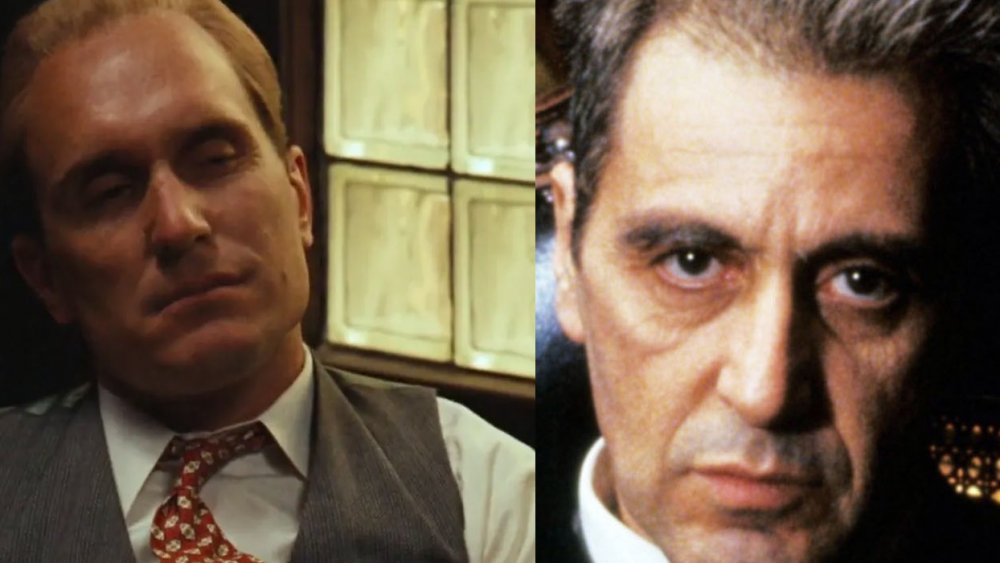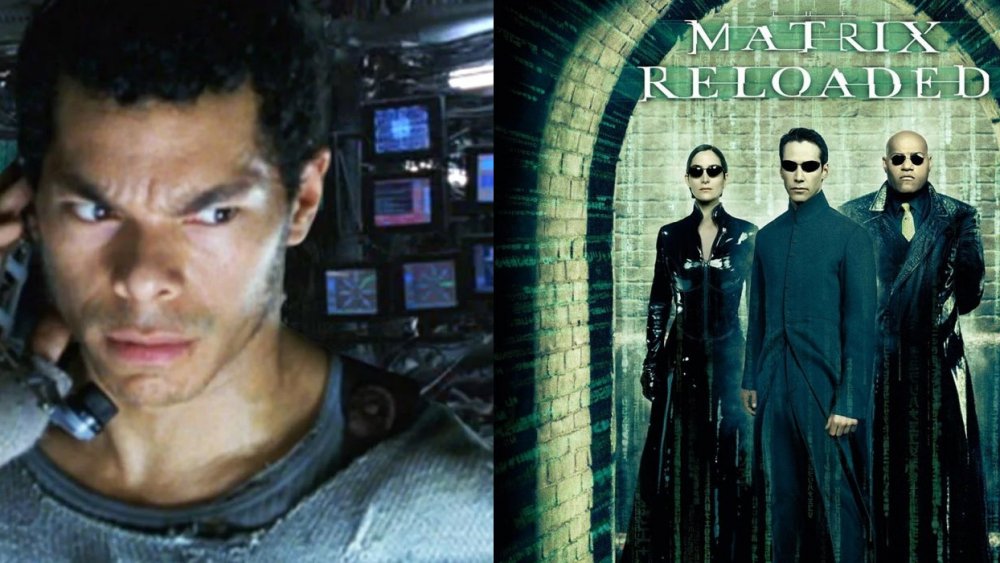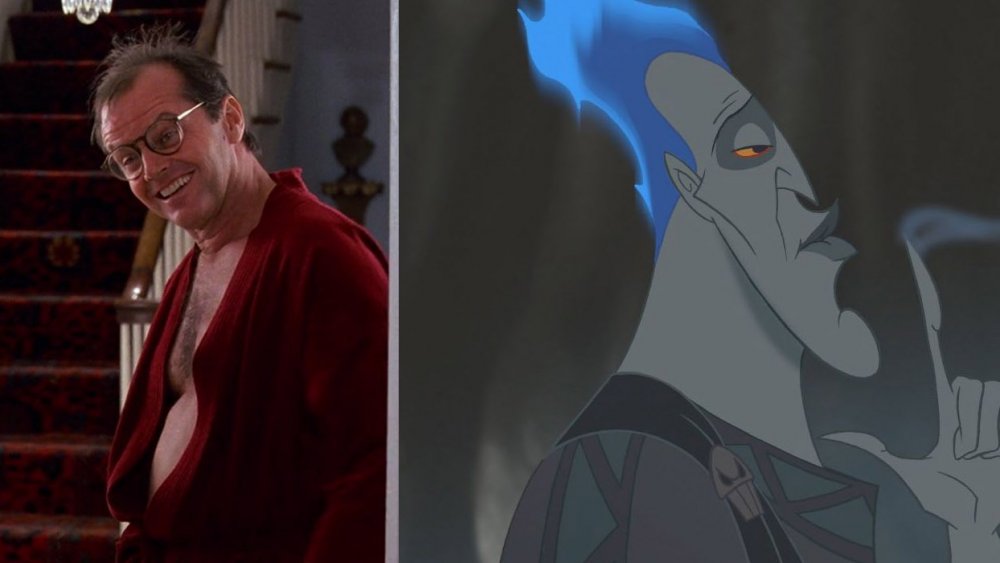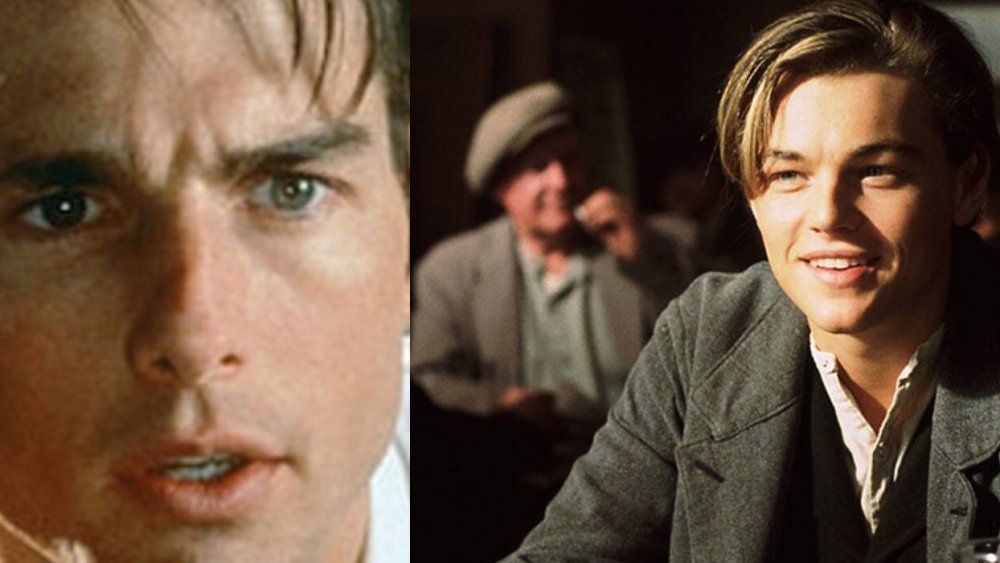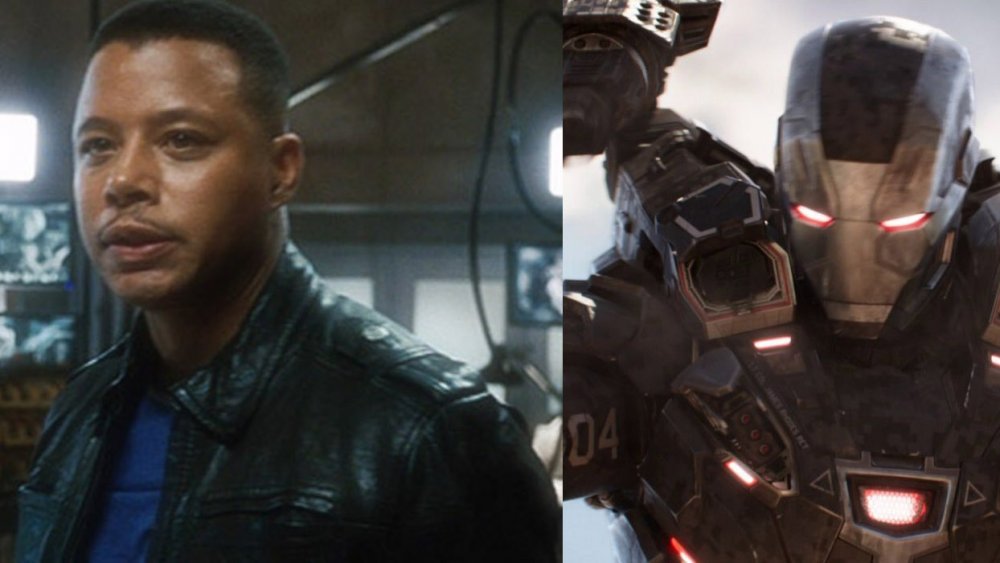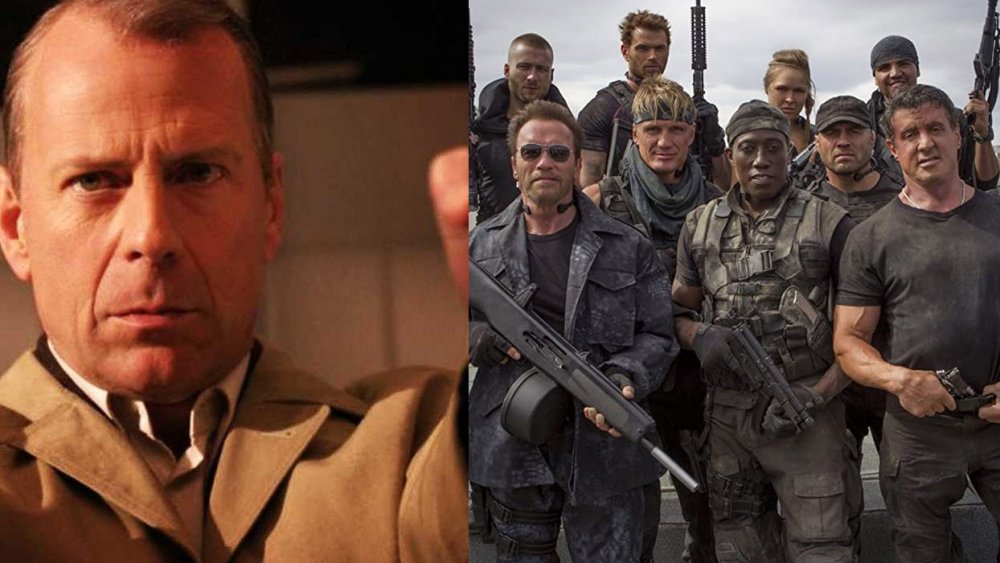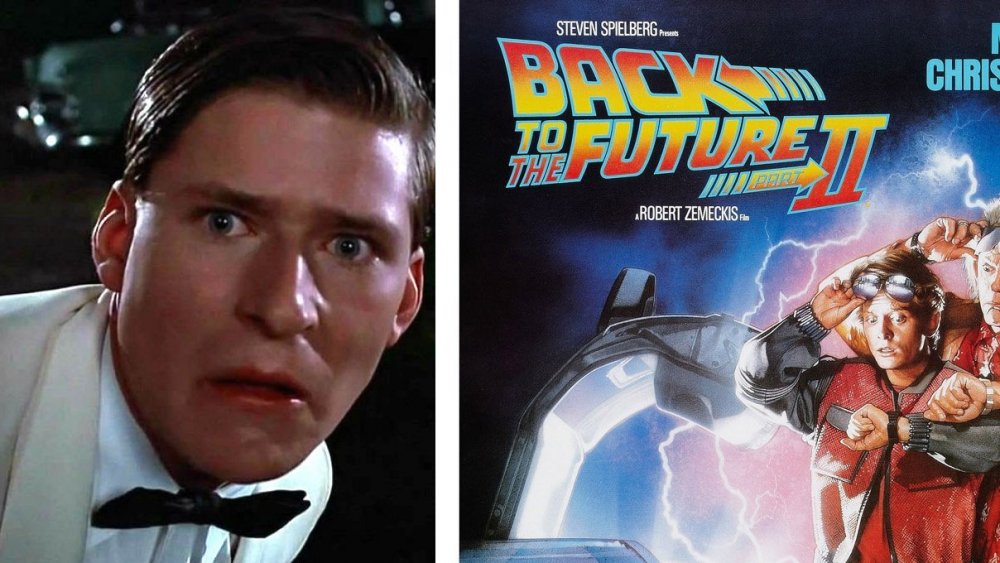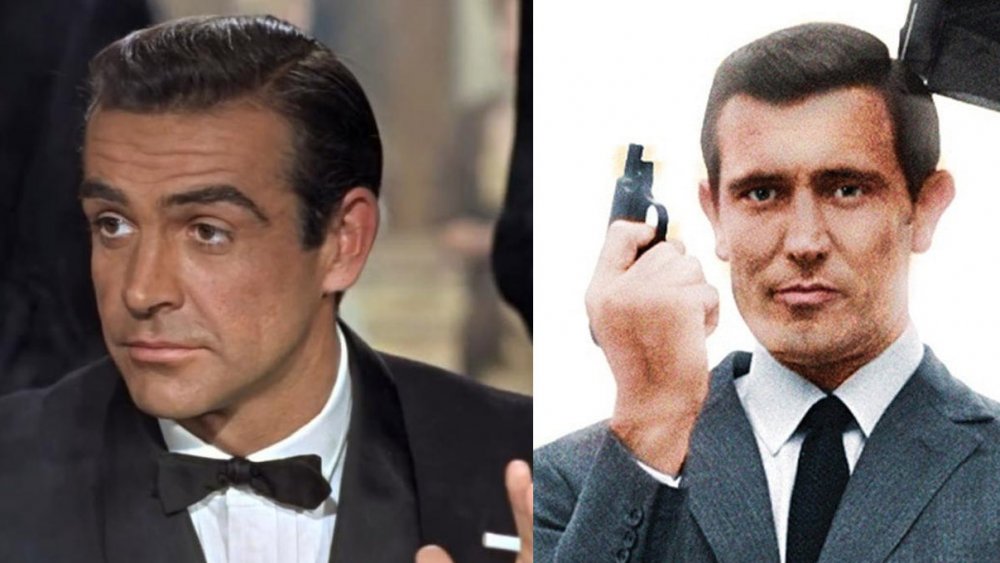Actors Who Weren't Cast Because They Demanded Too Much Money
"What if" scenarios are always fun to contemplate, and few are as enticing as alternative movie castings. What would Raiders of the Lost Ark have looked like if Tom Selleck had played Indiana Jones? Would The Avengers have been the same if Edward Norton had kept on playing the Hulk? The mind reels at the possibilities presented by favorite movies starring very different actors. It's even more fun to speculate when evidence exists indicating that the alternate casting was seriously considered. The reasons behind why these different casting choices didn't go through vary, but one recurring issue emerges time and time again: Certain actors are just too darn expensive.
Sure, Hollywood might dole out millions of dollars to certain mega-stars who command gargantuan paychecks for a single film. But those kings and queens of the silver screen aren't actually omnipotent — plenty of projects turn them away, rather than pay up. This problem even emerges with actors who've already played the role they're set to return to. It's pretty much a rule of Hollywood: Anyone can fall prey to paycheck quibbles. We're here to explore this phenomenon with these high-rolling and highly controversial examples.
Harrison Ford in Who Framed Roger Rabbit?
The visual effects in Who Framed Roger Rabbit?, which allow live-action humans to seamlessly interact with hand-drawn cartoon characters, aren't the only part of the production to receive major praise. Lead actor Bob Hoskins is widely beloved for his turn as bitter detective Eddie Valiant. "Hoskins and the other live actors have found the right note for their interaction with the Toons," Roger Ebert wrote in his review. "Instead of overreacting or playing up their emotions cartoon-style ... They act as if they've been talking to animated rabbits for years."
Though it's hard to imagine anyone else inhabiting the role of taciturn, tender-hearted Valiant, Hoskins was not actually the first pick for the part. In fact, the very first choice for Valiant was Harrison Ford. The actor was no stranger to visual effects extravaganzas after Star Wars and Raiders of the Lost Ark, and might very well have made an excellent Valiant. But, of course, all that experience with big-budget blockbusters had made him very expensive. As Roger Rabbit was already an expensive production, Ford was a no-go. Other names including Eddie Murphy and Bill Murray were tossed around for the part, before Hoskins was chosen to portray the cantankerous detective.
Laurence Fishburne in Die Hard with a Vengeance
In the first two Die Hard movies, John McClane saves the day alone. But in Die Hard with a Vengeance, he gets some help in the form of Samuel L. Jackson's Zeus Carver. According to Quentin Tarantino, however, Zeus was not originally supposed to be played by Jackson. In fact, the part was initially written for Laurence Fishburne. But just because the role was meant for Fishburne did not mean he was destined to inhabit it.
As Tarantino tells it, Fishburne knew the part was written for him, and that the filmmakers had few other options. So he asked for $1 million. As negotiations carried on, Andy Vajna, Die Hard's producer, ended up seeing Pulp Fiction at the 1994 Cannes Film Festival. Jackson so impressed Vajna that Vajna returned from France having cast Jackson instead of Fishburne. The story doesn't end there, though. Fishburne subsequently filed a lawsuit against Die Hard's producers over casting someone else in the Zeus role. "Fishburne filed suit in Los Angeles against [Cinergi Productions] for breach of contract, but did not 'seek damages for emotional distress'," UPI reported in April 1996. The lawsuit was eventually settled before it went to trial.
Robert Duvall in The Godfather: Part III
Over the course of the first two Godfather movies, Tom Hagen proves to be a crucial character. He is the person closest to the Corleones that isn't also a blood relative of the family, and is an especially helpful lawyer and confidante to characters like Michael Corleone. It's hard to imagine either of these films without Hagen, really. However, a salary dispute ensured this character's absence from the final installment of the Godfather saga, The Godfather: Part III.
Robert Duvall, Hagen's actor, has openly discussed how he refused to reprise the role of Hagen due to his salary coming up short against Pacino's payday. "I said I would work easily if they paid Pacino twice what they paid me," Duvall told 60 Minutes. "That's fine. But not three or four times, which is what they did." This development caused the screenplay for The Godfather: Part III to be rewritten to accommodate Duvall's absence. In the theatrical cut of the film, Hagen passes away prior to the start of the story.
Years later, Duvall doesn't appear to be haunted by passing on The Godfather: Part III. When asked by Reuters in 2010 if he regretted turning down the project, Duvall replied, "No, because it wasn't as good as the other two." His sentiments echo the general reception of the film, which garnered noticeably weaker reviews than its predecessors.
Marcus Chong in The Matrix Reloaded/The Matrix Revolutions
Nearly everyone from the first Matrix movie returned for the sequels. Even Hugo Weaving's Agent Smith, who is defeated at the end of the original Matrix, manages to return for both installments. However, Marcus Chong's Tank, who is crucial in keeping the ship Nebuchadnezzar running, is absent. It's common for franchises to lose side characters as they go on — however, it's far less common for these developments to spawn lawsuits. That's just what happened though, as Chong filed a lawsuit in May 2003 against Warner Bros and AOL Time Warner.
The lawsuit detailed that "Warner breached a 1998 verbal agreement, and a contract signed in 2000, to revive the character for the forthcoming Matrix Reloaded and third movie Matrix Revolutions", reported The Guardian. "Chong ... also alleged in the suit that the film-makers defamed him by publishing false statements that he was a terrorist and claimed he was effectively blackballed in Hollywood."
Further details behind why Chong wasn't brought back for the sequel emerged in a 2003 Entertainment Weekly piece. Salary demands had led to a breakdown in discussion, it was revealed, and Chong had allegedly made threatening phone calls. Salary disputes happen all the time in Hollywood, but rarely do they lead to as much drama as they did here.
Jack Nicholson as Hades
Robin Williams' spectacular performance as the Genie in Aladdin started a trend of celebrity casting in animated Disney movies. For the role of Hades in Hercules, Disney aimed to go big by casting legendary actor Jack Nicholson. This casting went far enough for Nicholson to be taken on a tour of the Disney lot. During this tour, Nicholson was shown some test animation for Hades, involving his lines from A Few Good Men. "We had a simmering Hades idly playing with a lick of flame as he said, 'Take caution in your tone, commander. I'm a fair guy, but this f***in' heat is driving me absolutely crazy,'" John Musker, Hercules' co-director, recalled years later. Nicholson "loved it" and the tour ended happily for all.
Problems emerged when Nicholson revealed how much he wanted to be compensated for the role, however. As Musker revealed, "Jack couldn't reach an agreenment with Disney to do the part. He had secured a lucrative deal from Warner a few years prior where they gave him participation in the merchandising, which had turned into a windfall. Jack insisted on a similar deal from Disney, which they were unwilling to do." After Nicholson passed on the part, Disney secured James Woods for the role of Hades, who was, luckily enough, "a delight to work and invent with."
Tom Cruise in Titanic
When it came time to cast the role of Jack Dawson in Titanic, a slew of big name actors were considered for the part. Among those contenders was the king of the movie world, Tom Cruise.
However, the actor's salary ensured he would never be able to join a film that was already so expensive. Apparently, Cruise's "asking price was never taken seriously." Besides, James Cameron had always had someone besides Cruise in mind for the role of Jack Dawson: Leonardo DiCaprio, who had made Romeo + Juliet into a hit. Cameron wanted to bring that sort of star power into the mix, and though DiCaprio had to be coaxed into taking the role, in the end, he joined the cast. The rest is history.
Even without Cruise, Titanic hit smooth sailing at the box office. To boot, it's hard to imagine Cruise in Titanic spawning a phenomenon similar to the "Leo-Mania" DiCaprio inspired.
Terrence Howard in Iron Man 2
In the third act of Iron Man, a bit of foreshadowing plays out as James Rhodes spies a mechanical suit. After lingering on it for a moment, Rhodes leaves the room, muttering, "Next time, baby." This scene sets up Rhodes becoming War Machine, as fans now know. But Terrence Howard, who only ended up playing Rhodes in Iron Man, would not be around to see it.
In October 2008, it was announced that Marvel had opted to pursue a new actor for the role of Rhodes for Iron Man 2. "There was no explanation, apparently the contracts that we write and sign aren't worth the paper that they're printed on sometimes," Howard told National Public Radio that month. "Promises aren't kept, and good faith negotiations aren't always held up."
Five years later, though, Howard was willing to get more specific about what led to his departure from the franchise. "They came to me [for] the second and said, 'We will pay you one-eighth of what we contractually had for you, because we think the second one will be successful with or without you,'" Howard recounted to The Hollywood Reporter in November 2013. This proved to be a loss for Howard, but a boon for Don Cheadle, who has gone on to play the role of James Rhodes far more than just "next time".
Bruce Willis in The Expendables 3
The Expendables movies are built on one idea: Getting as many action stars in a single place as possible. This means that it was inevitable that Bruce Willis would appear in the franchise. After a cameo in the first Expendables movie as the character Mr. Church, Willis got upgraded to a sizeable supporting role in The Expendables 2. After that film grossed $314 million worldwide, plans got underway for The Expendables 3, with Willis in tow to reprise his role as Church.
However, plans for Willis to return for Expendables 3 eventually fell through, as made evident by a tweet sent by Sylvester Stallone on August 6, 2013: "WILLIS OUT ... HARRISON FORD IN !!!! GREAT NEWS !!!!! Been waiting years for this!!!!" Subsequent reports provided the monetary-based reasoning for why Willis had departed the franchise. "[Willis] said he'd drop out unless he got $4 million," a figure close to the Expendables franchise told The Hollywood Reporter. "A million dollars a day. Stallone and everybody else involved said no."
While Willis never managed to return to the Expendables franchise, he and Stallone did eventually mend fences. "Made up with BRUCE W," Stallone tweeted on November 18, 2014. "A stand up guy, my mistake ..." Money demands may have disrupted Willis' role in the Expendables films, but it wasn't enough to blow up the friendship between these two action movie legends.
Crispin Glover in Back to the Future: Part II
As the characters of the Back to the Future movies have learned, meddling with the past can be hazardous. Even more dangerous, though, is getting actors to reprise roles without their permission. The latter scenario befell Crispin Glover, who played Marty McFly's father George in the original Back to the Future. He was asked to return for the sequel, but disputes formed over his salary. "I wanted to be in the movie," Glover recalled in 2013, "but the offer was less than half of what Lea Thompson and Tom Wilson — who had similar sized roles — [received.] it just wasn't fair."
However, just because Glover wouldn't be around didn't mean George McFly would vanish from the Back to the Future sequel. "The filmmakers ... took a face mold of Glover that was created during the first film to help out the makeup artists," The Hollywood Reporter explained. "[They hired] a different actor, Jeffrey Weissman, and through the use of prosthetics, made it appear as though the same thespian was performing the part." In the wake of this maneuver, Glover filed a lawsuit against Universal for using his likeness without his permission.
The lawsuit was eventually settled out of court, but it has had a lasting effect on the film industry regardless.
Sean Connery in On Her Majesty's Secret Service
The original James Bond actor, Sean Connery, left the franchise following You Only Live Twice. "The last straw was [Connery's] salary of $750,000 with 25% of merchandise profits," wrote The Express. "Connery announced he would only return for a sixth film if he was paid $1 million and some of the film's profits." He wasn't, and thus he left.
In the wake of Connery departing the project, a new Bond was found in George Lazenby. He inhabited the role for a single feature, On Her Majesty's Secret Service. While the film has garnered praise from the likes of Christopher Nolan and Steven Soderbergh, Lazenby had a massively tough act to follow, and the film is not as beloved as others in the franchise.
In the wake of Lazenby dropping out of the franchise after Secret Service, Connery was enticed back into the role of James Bond for Diamonds Are Forever. "We can't know for sure what convinced Connery to do Diamonds Are Forever," wrote Time in 2012, "but we can guess: Connery's sweetheart deal included back-end percentages (12.5% of gross), a bonus if the shoot went longer than scheduled ... and a salary so big it made the Guinness World Records." The salary issues that led to Connery's exit from the 007 saga were clearly no longer a problem once Diamonds are Forever rolled around.
